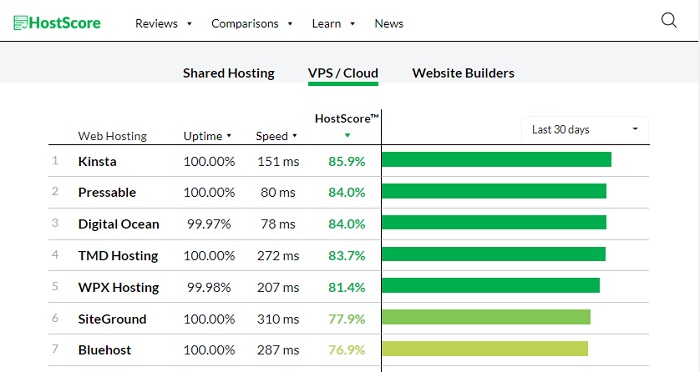If you have a hand in running a business, it’s only natural to wonder how to make that business more productive. Doing so is simple with the five tips provided by this article.
Valuable Tips for Business Productivity
Tip 1: Schedule Effectively
Effective scheduling is absolutely key to running a productive business. If you’re looking for ways to improve your own scheduling process, this Entrepreneur.com article provides several useful tips. For instance, planning your day by segmenting it in blocks of time can help you both focus on necessary tasks and avoid unnecessary, distracting ones that will damage your productivity. To take this one step further, try blocking similar tasks together: Holding several phone calls or meetings in a row may sound daunting at first, but it is also a way to free up the rest of your day to hone in on other activities.
Tip 2: Rethink Commuting

According to recently published data covered by the Washington Post, Americans are now spending more time in traffic than ever before. In 2018, the average American spent the equivalent of more than nine days commuting over the course of the year. If your commute is making you lose time that you could be dedicating to other tasks, think about whether alternatives like telecommuting once or twice a week are viable.
The same goes for if you manage employees: Be open to helping them maximize their schedule, which may mean cutting out the commute from time to time.
Tip 3: Encourage Rest

It may sound like a paradox, but having some time to rest is essential for business productivity. For example, someone who sacrifices sleep to get into the office extra early is also sacrificing time the brain uses to learn and form new memories, according to Scientific American. Another factor is building in ample vacation time: A vacation can recharge the mind and body, and it can provide exposure to new people, ideas, and other ingredients that may boost creativity. Vacations also have a tendency to help people recharge and feel more satisfied; however, because these tendencies fade over time, vacations should not be rare.
The takeaway point is this: To remain at their best, you and the employees at your business need enough time away from work to rest at home and play on vacation. Measures like telecommuting and building a culture that prioritizes work-life balance over workaholic tendencies can help.
Tip 4: Embrace Teamwork
If you have a strong work ethic, you may feel tempted to try to tackle every task on your own. However, this can lead to many problems, including a lack of all-important rest time, increased stress, and unsatisfactory results, especially if you’re trying to solve problems that aren’t in your area of expertise. To avoid this fate, don’t be afraid to reach out for help. For example, if you can’t figure out a problem, ask for help rather than burning your morning on it. And if you know someone else at your business has skills that complement yours, bring them in rather than struggling on your own.
Tip 5: Find the Right Business Tool
A business using an ineffective tool will struggle to be productive. Take web host, for example, customers may not be able to access the website to buy items or hire the company, or they may not be able to find the site in the first place because of poor search engine results.
The easiest way to evaluate a business tool is by reading a review site. Here’s an example of how you can evaluate the strength of different web hosting providers before signing with one.

HostScore, a web host review site, evaluates hosts using several metrics: uptime score, speed score, editor’s score, and user’s score. Those combine to give an overall picture of how well a host performs. Additionally, the ratings are remeasured frequently: HostScore publishes updates to speed and uptime data daily, and there are weekly and monthly updates to HostScore as a whole.
HostScore also stands out from other hosting-review resources such as Trustpilot and TechRadar. For example, some alternatives weigh user reviews very heavily at the expense of additional data sources. Others conduct only one-time tests of hosts, meaning their data can become quickly outdated. HostScore avoids these problems by frequently testing with a variety of sources.
When you reading a tool review article, you need to understand the metrics or methodology they are using. The method is important as that will directly affect the judgment of the website on a particular tool. If those points highlighted looks valid to you, then you know you can go with the website’s recommendations.
Photo by Brooke Cagle on Unsplash


